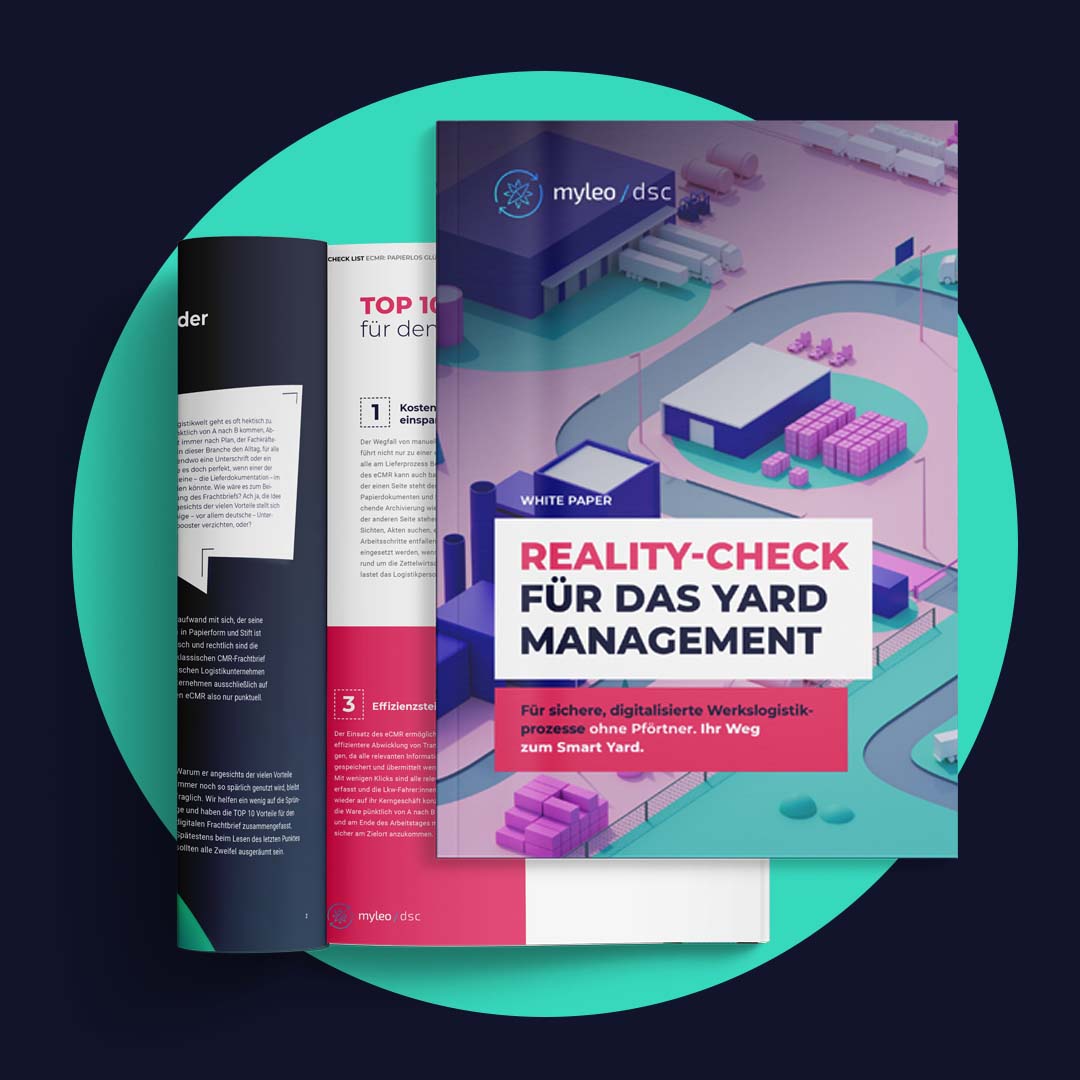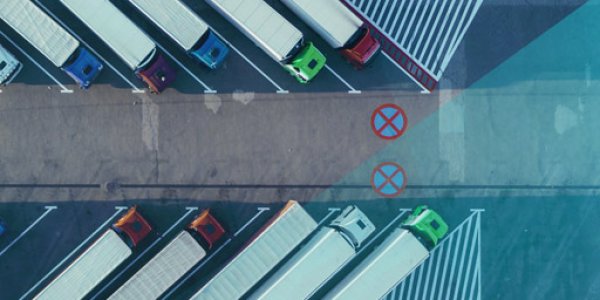Imagine, if you will, a world where your shipments are on time, your inventory is balanced, and you didn’t have to do anything for that. Too good to be true? Not when you have contract logistics in your corner. This comprehensive guide will walk you through the ins and outs of contract logistics, showcasing how it can support your business in navigating today’s dynamic waters. But be careful: as is so often the case, it is important to choose the right partner.
What is Contract Logistics?
In simple terms, contract logistics is like that reliable friend who's always there for you — except this friend specializes in managing and executing logistics operations for businesses. From warehousing all the way to last-mile delivery, contract logistics providers (CLPs) are there for you ensuring your products find their way to your customers efficiently.
Why Contract Logistics, You Ask?
Well, in today's market, staying agile and lean is not just an advantage; it's a necessity. Contract logistics offers a turnkey solution that allows businesses to focus on their core while leaving the logistical ballet to seasoned professionals. This partnership is tailored to fit like a glove, enhancing operational efficiency without the need for substantial capital investment.
Benefits of Contract Logistics
Contract logistics offers a number of benefits, including:
- Reduced costs: By outsourcing your logistics needs to a CLP, you can save money on labor, equipment and facilities. This allows you to focus on what matters most: growing your business.
- Improved service levels: CLPs have the experience and expertise needed to provide high-quality service at all times. They also have access to advanced technology that can help streamline operations and increase efficiency.
- Scalability: Your needs today might not be your needs tomorrow. Contract logistics providers are like chameleons, adapting to your business’s evolving requirements with the ease of seasoned acrobats. For example, depending on the agreement, you pay per storage space and can react flexibly to stock levels without having to bear the running costs of your own warehouse.
- Expertise and Resources: Imagine having a team of experts at your disposal, equipped with the latest technologies and an intricate understanding of the logistics landscape. This is the kind of support contract logistics brings to your doorstep.
Key Features and Services in Contract Logistics
There are many different types of contract logistics providers, each with their own unique set of features and services. Here are some key features and services you can expect from a contract logistics provider:
- Warehousing and Distribution: The heart of contract logistics. It’s not just about storage but ensuring your products are in the right place at the right time, ready to hit the road running.
- Inventory Management: The balancing act of inventory management is made simpler with advanced forecasting and stock management techniques, ensuring your stock levels are just right.
- Transportation and Freight Management: Navigating the complex web of transportation options is no small feat. Contract logistics providers orchestrate the movement of goods from point A to B with surgical precision, using a mix of transport modes to minimise costs and carbon footprints and keep delivery times short.

Best Practices in Contract Logistics
Here’s how to make the most out of your contract logistics partnership:
- Collaborative partnerships: It’s about building a relationship based on transparency. The more synergy there is between your business and your CLP, the smoother the processes will be. But be careful: it is important not to become dependent. To do this, it is advisable to first find the right partner, build trust and only then gradually outsource the business.
- Technology Integration: In an age where data is king, leveraging advanced logistics technologies can significantly enhance operational visibility and decision-making capabilities.
- Continuous Improvement: The logistics world is not static, and neither should your approach be. Embracing a culture of continuous improvement can lead to more efficient, resilient supply chains.
- But be careful: it is important not to become dependent. It is therefore advisable to first find the right partner, build trust and only then gradually outsource the business.


